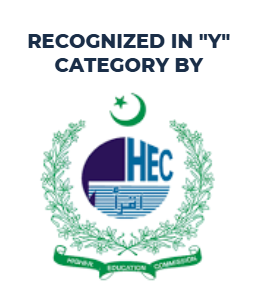Incorporating Clinical Method for Teaching Legal Theory and Skills: Prospects and Challenges
DOI:
https://doi.org/10.24312/ucp-jlle.01.02.156Keywords:
Legal Education Pedagogy, Clinical Education, Clinical Legal Education, Lawyering Skills, Social Justice, Legal AidAbstract
The clinical teaching method is not a new pedagogy and is limited to a few academic programmes as it is a complex teaching and learning situation influenced by the need to design learning content, planning, learning environment and the participants’ role and interactions with others in the setting. Clinical teaching has always been an integral part of the medical curriculum, with the objective that medical students develop a high level of professional competency and a positive attitude towards patients. Meanwhile, traditional law schools are designed for students to listen, understand and memorise vast number of legal theories and procedures. However, the retention rate of knowledge is not very satisfying. Hence, legal jurists felt the need to introduce innovative teaching methods similar to clinical teaching in medical programmes. Clinical teaching for law programmes is designed to expose students to learn problem-solving from real-life situations and help them graduate with the required legal knowledge, lawyering skills and enhanced confidence. Another benefit of clinical education is seen as a means of training young legal professionals to respond effectively to the legal aid services of the community. This research aims to trace the development of clinical education and the benefits of adopting it as part of legal professionals’ training. Challenges in introducing clinical education in law schools will be discussed to identify the issues that need to be addressed in identifying the prospects of developing an effective curriculum and sustainable programme.
Downloads
Published
Issue
Section
License
Copyright (c) 2023 UCP Journal of Law & Legal Education

This work is licensed under a Creative Commons Attribution-NonCommercial 4.0 International License.




